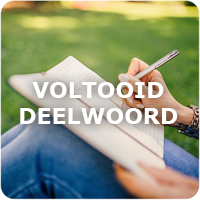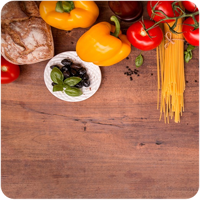Het arrangement 8.2 Meals and drinks - hv12 is gemaakt met Wikiwijs van Kennisnet. Wikiwijs is hét onderwijsplatform waar je leermiddelen zoekt, maakt en deelt.
- Auteur
- Laatst gewijzigd
- 11-05-2025 19:25:17
- Licentie
-
Dit lesmateriaal is gepubliceerd onder de Creative Commons Naamsvermelding-GelijkDelen 4.0 Internationale licentie. Dit houdt in dat je onder de voorwaarde van naamsvermelding en publicatie onder dezelfde licentie vrij bent om:
- het werk te delen - te kopiëren, te verspreiden en door te geven via elk medium of bestandsformaat
- het werk te bewerken - te remixen, te veranderen en afgeleide werken te maken
- voor alle doeleinden, inclusief commerciële doeleinden.
Meer informatie over de CC Naamsvermelding-GelijkDelen 4.0 Internationale licentie.
Aanvullende informatie over dit lesmateriaal
Van dit lesmateriaal is de volgende aanvullende informatie beschikbaar:
- Toelichting
- Deze les valt onder de arrangeerbare leerlijn van de Stercollecties voor Engels voor havo en vwo, leerjaar 1 en 2. Dit is thema 8 'Food and drink'. Het onderwerp van deze les is: Meals and drinks. In deze les staat het onderwerp maaltijden (in Groot-Brittannië en in Nederland) en drinken (waaronder frisdrank) centraal. In de grammaticaopdracht wordt het voltooid deelwoord behandeld.
- Leerniveau
- VWO 2; VWO 1;
- Leerinhoud en doelen
- Engels;
- Eindgebruiker
- leerling/student
- Moeilijkheidsgraad
- gemiddeld
- Studiebelasting
- 1 uur 40 minuten
- Trefwoorden
- arrangeerbaar, engels, frisdrank, hv12, maaltijden, meals and drinks, stercollectie, voltooid deelwoord

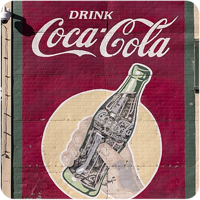


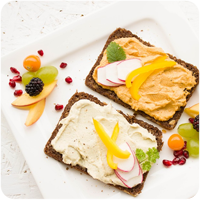
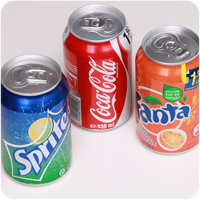 Sugary drinks
Sugary drinks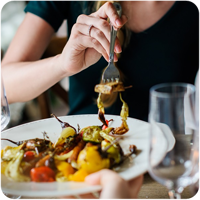 Study the vocabulary. (10 minutes)
Study the vocabulary. (10 minutes)
